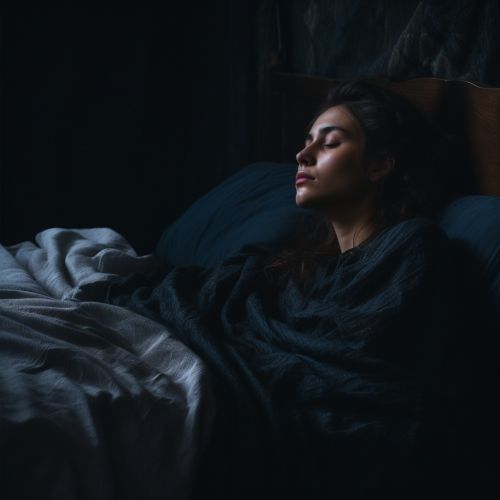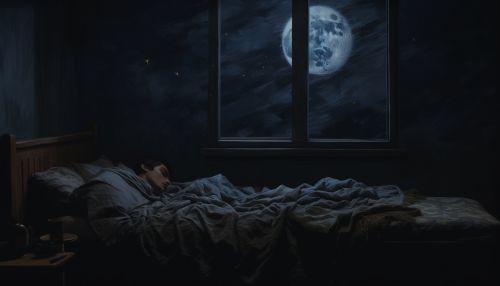Circadian Rhythm Sleep Disorders
Overview
Circadian rhythms are physical, mental, and behavioral changes that follow a daily cycle. They are found in most living things, including animals, plants, and many tiny microbes. The study of circadian rhythms is called Chronobiology. Circadian Rhythm Sleep Disorders (CRSDs) are a family of sleep disorders affecting, among other things, the timing of sleep. People with circadian rhythm sleep disorders are unable to sleep and wake at the times required for normal work, school, and social needs.


Types of Circadian Rhythm Sleep Disorders
Circadian rhythm sleep disorders are divided into two main types: extrinsic (external) and intrinsic (internal).
Extrinsic Circadian Rhythm Sleep Disorders
Extrinsic CRSDs are often caused by external factors such as shift work or jet lag.
- Shift Work Sleep Disorder (SWSD): This disorder affects people who frequently rotate shifts or work at night. Symptoms include excessive sleepiness and insomnia.
- Jet Lag Disorder: This is a temporary sleep problem that can affect anyone who quickly travels across multiple time zones.
Intrinsic Circadian Rhythm Sleep Disorders
Intrinsic CRSDs are caused by the body's internal clock not functioning correctly.
- Delayed Sleep Phase Disorder (DSPD): This disorder is characterized by a delay in the phase of the major sleep period relative to the desired sleep time and wake-up time, leading to symptoms of sleep-onset insomnia or difficulty in awakening at the desired time.
- Advanced Sleep Phase Disorder (ASPD): This disorder is characterized by a stable but inappropriately early sleep period, leading to symptoms of early evening sleepiness and early morning awakening.
- Non-24-Hour Sleep-Wake Disorder (Non-24): This disorder is characterized by a chronic steady pattern comprising one- to two-hour daily delays in sleep onset and wake times in an individual living in society.
- Irregular Sleep-Wake Disorder: This disorder is characterized by a lack of a clearly defined circadian rhythm of sleep and wake.
Causes
Circadian rhythm sleep disorders can be caused by many factors. These include changes in the sleep-wake schedule, alterations in the internal body clock, and certain medical conditions.
Diagnosis
Diagnosis of circadian rhythm sleep disorders usually involves a careful evaluation of the individual's sleep-wake patterns and history. This may include the use of a sleep diary, actigraphy, and sometimes polysomnography.
Treatment
Treatment for circadian rhythm sleep disorders can involve chronotherapy, bright light therapy, melatonin, and other sleep hygiene practices.
